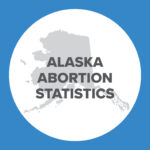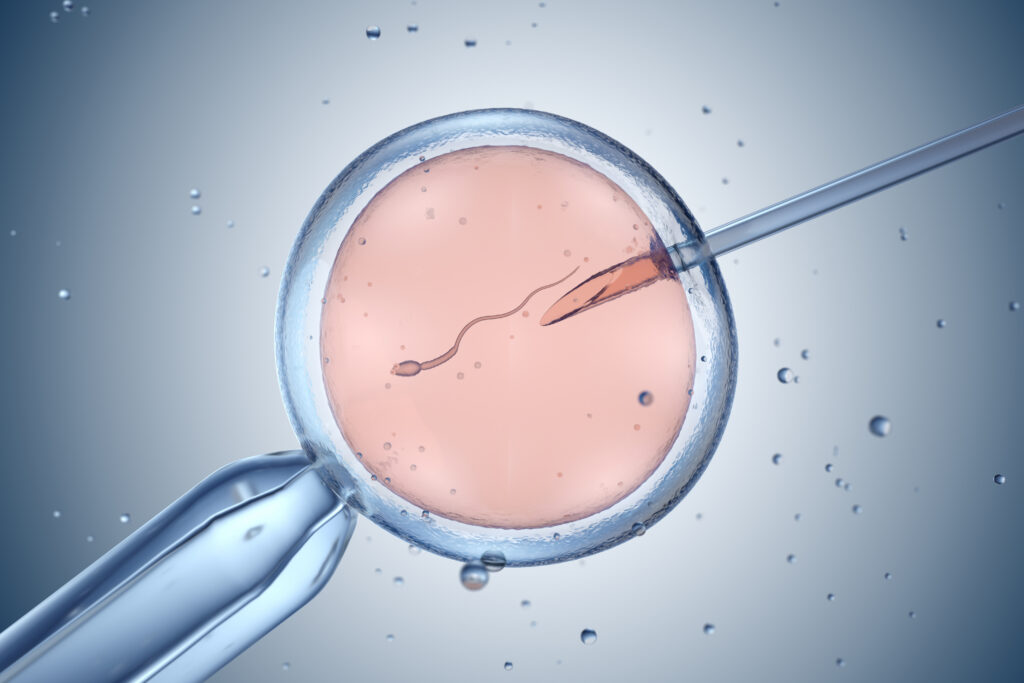Q&A with the Scholars: Conscience and Reason in Health Care

Steven Braatz, M.D. is a board-certified Ob/Gyn physician. He retired from the Navy in 2008 where he served as Chairman of the Ob/Gyn Department at the Naval Medical Center. He is a board member of the American Association of Pro-life Obstetricians and Gynecologists and has written op-ed pieces for newspapers, magazines, and pro-life websites. In this interview he discusses the role of conscience and reason in health care, whether abortion is ever medically necessary, his experiences abroad, and why he is pro-life.

Steven Braatz, M.D.
From your experience serving as a practicing obstetrician and gynecologist for three and a half decades, including your experience as chairman of the Ob/Gyn Department at the Naval Medical Center in San Diego, could you tell us your thoughts about whether a health care provider’s conscience ought to have a role in his/her work?
Conscience has a crucial role. To me, moral law is real, certain truths are absolute, and conscience is an essential human guide. What is conscience? I have always believed it to be the discernment and application of fundamental moral truths to our behavior. Many in our time view conscience as nothing more than baseless preference or an unpleasant feeling that results when certain actions are taken, and therefore objections to abortion and euthanasia should be discarded. Regardless of what conscience is, do we really want to select and train doctors who easily set their consciences aside? I don’t think anyone wants that. In a crisis, you want to be cared for by a physician who is able to discern very accurately what he or she ought to do in order to provide the best care for you. You’ll not want your doctor to be an agent of the state, or of the corporation. You’ll want a doctor who does the right thing despite what the state or the insurance company or hospital executives think about it. We must not cast off fidelity to conscience.
You were awarded the Humanitarian Service Award by the American College of Obstetricians and Gynecologists (ACOG). Can you tell us about your medical missions, and your other medical experience abroad?
Dr. Seth Ablorh, a medical school classmate of mine, went back to his home country of Ghana to start a medical mission in Teshie-Nungua. From 1997 to 2007, I took teams from California every other year for two-week medical trips to the mission. We would do surgery from dawn to dusk and then travel around local villages speaking on health topics and sharing our stories about what Christ has done in our lives. It was challenging, exhausting, rewarding, and it was wonderful fun.
Aside from religious belief, how can anyone say that abortion is wrong?
In The Abolition of Man, C.S. Lewis speaks of man’s understanding of moral truth existing as something fixed, transcendent and immovable. He refers to its reflection in Hinduism, in the writings of the Stoics, Plato and Aristotle, in Confucianism, in Judaism, in Egyptian, Babylonian, American Indian, and Old Norse custom, and even in enlightenment thinkers like Locke and Kant. Lewis says, “…what is common to them all is something we cannot neglect. It is the doctrine of objective value, the belief that certain attitudes are really true, and others really false, to the kind of thing the universe is and the kind of things we are.” Our Founding Fathers spoke of “truths that are self-evident.” J. Budziszewski, in his book, What We Can’t Not Know, calls these moral principles, “…the universal common sense of the human race, as well as the foundation of its uncommon sense.” I think our ability to perceive moral law comes before any argument for theism. I have two atheist friends who have a good grasp on it, consistently practicing honesty and personal integrity. They prize hard work and are compassionate toward the poor, the downtrodden, and the elderly.
Now let’s think about how universal moral principles apply to the unborn child. We humans feel an overwhelmingly strong desire to protect children from harm, and we know this is a moral absolute. What is more, we see in all cultures a responsibility to nurture children, and doing it well is a moral virtue. I think we all see this clearly.
A child must be nurtured, and this nurturing is a continuous process. It begins in the womb, when the fetus depends on his or her mother to care for herself as she provides physiologic sustenance through the placenta. Just imagine a woman in third-trimester pregnancy standing on a busy street corner smoking a cigarette. She will receive many awkward looks until finally someone says something to her about the danger smoking poses to her baby. Women do nurture their unborn children. I have fond memories of my wife singing to our little Eric before he was born. Nurturing begins in the womb. After birth, the helpless infant continues to require love, care, nourishment, and protection. As the child grows, he or she needs encouragement, guidance, discipline, and protection, always protection. Even as adults, our children look to us for help and guidance in difficult times. I want to emphasize the continuum involved in nurturing. To say it does not begin until some point in pregnancy development or after birth is arbitrary and baseless.
Nurturing children, even those in the womb, is a moral responsibility that we feel and understand even before we consider such questions as the dignity of human life or rights. Other moral responsibilities also apply, but nurture is one very important reason why abortion is wrong.
Is abortion ever medically necessary?
We generally understand medically necessary services to include those necessary for maintenance of health, prevention and treatment of disease, or restoration of function.
Medical necessity is not dictated by the nature of the procedure but rather by the circumstances that call for it. For example, an appendectomy becomes medically necessary when acute appendicitis is diagnosed. A Cesarean Section becomes medically necessary when a fetus’ heart rate pattern reveals fetal distress.
Abortion is not medically necessary by virtue of a woman’s becoming pregnant. Pregnancy is not a disease. We do not “treat” pregnancy. In Obstetrics, we monitor the mother’s and the fetus’ physiologic parameters and intervene for treatment when complications threaten the mother or her fetus.
Sometimes, to save a mother, life-threatening pregnancy complications such as severe preeclampsia or chorioamnionitis do necessitate inducing uterine contractions or performing cesarean section so early that an extremely premature newborn cannot survive. Such interventions to save the life of a mother are of course medically necessary. However, abortion as our culture understands it, stands a world apart from medical necessity because it has one goal: to destroy the life in the womb.
Why are you pro-life? If you had 60 seconds to explain to someone why you have pursued the work that you have throughout your career, what would you tell them?
In pregnancy, I always have two patients to consider: The woman and her unborn child. I could never kill one of them. I have never met a woman who regretted giving birth to a child. I know many who regret having had an abortion. Protecting, honoring, and nurturing life naturally follows from an understanding of the dignity of human life. We are made in the image of God. Life is a gift. We are obligated to protect innocent life and nurture children. Abortion harms women and children. Only those who use women profit by it.
Dr. Braatz’s full biography can be found here.























